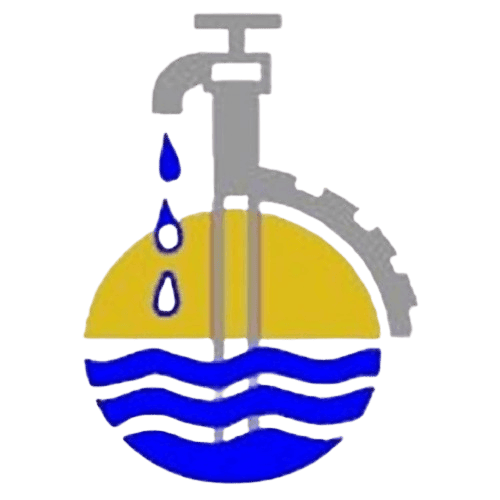Dabane Water Workshops
Siqala Ngamanzi
Simple Technologies – Sustainable Long-term benefits
What We Do
Who We Are
Where We Work
Dabane is a lead Non-Governmental Organization dedicated to establishing water and food secure communities within semi-arid areas. The organisation was established in 1991 and registered as a PVO, registration number 25/ 2013. It works with vulnerable communal farmers in semi-arid areas in the Southern Africa region, but more specifically in the south-western regions of Zimbabwe to alleviate poverty and hunger through appropriate and sustainable land use and water management systems. Dabane focuses on programmes and activities at the community and household levels where gender relations and HIV and AIDS issues are entrenched.
Dabane believes in development that ensures water security as a starting point for every household. Its work is however not just limited to water point construction. The organization also trains project participants on the importance of sanitation and hygiene, integrated water resources management, resilient livelihood activities as well as women empowerment since resilience and sustainable livelihoods are at the mercy of these elements.
Dabane’s Motto is ‘Siqala Ngamanzi,’ a Ndebele catch phrase originating from within the Dabane team and it literally translates to ‘We start with water’, meaning that for any meaningful development availability of water is critical.
Water is the most critical resource issue of our lifetime and our children’s lifetime. The health of our waters is the principal measure of how we live on the land.
Problem displaying Facebook posts. Backup cache in use.
Click to show error
